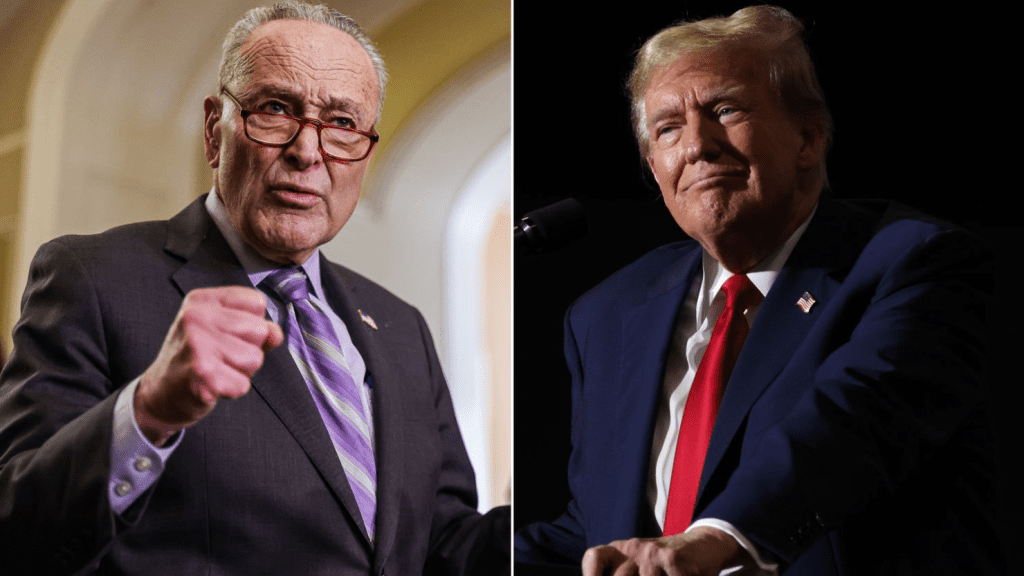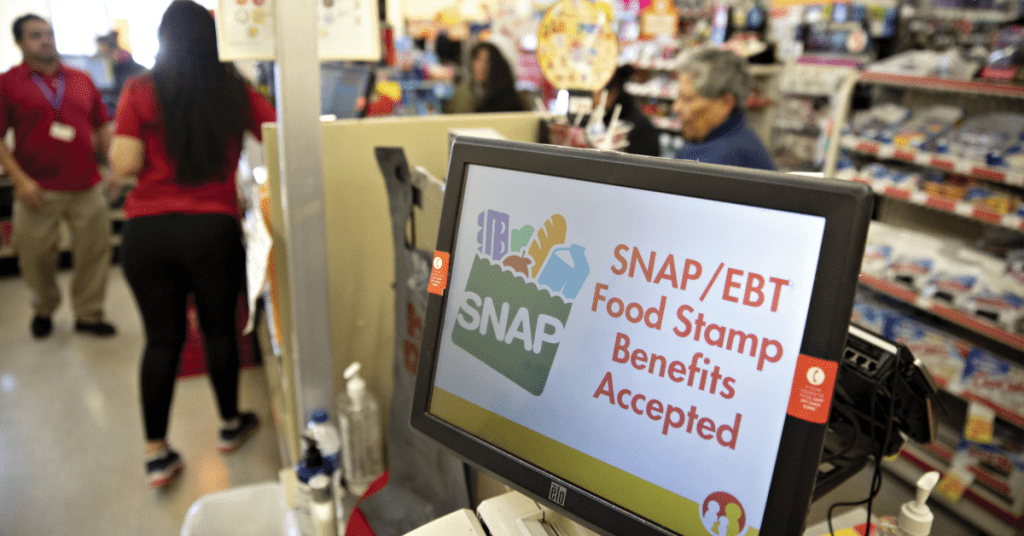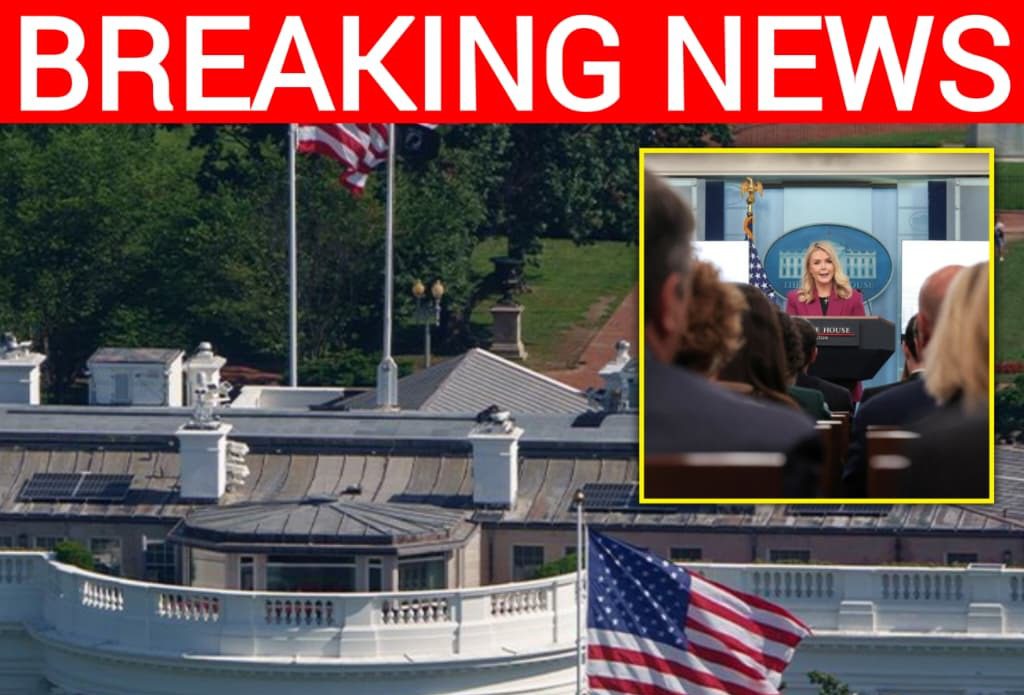Federal Judge Appointed by Obama Orders Trump to Keep SNAP Payments Flowing Amid Government Shutdown, Igniting Massive Backlash
A new federal court ruling is igniting outrage across Washington after an Obama-appointed judge ordered President Trump’s administration to continue funding food stamp benefits despite the ongoing government shutdown. The decision, handed down by U.S. District Judge Indira Talwani in Boston on October 31, 2025, mandates the use of “contingency funds” to keep the Supplemental Nutrition Assistance Program (SNAP) active for over 40 million low-income Americans. The ruling came as another Obama-era appointee, Rhode Island District Judge John J. McConnell Jr., echoed the decision in a companion case, citing the 2018 Farm Bill as justification for keeping payments flowing.

The controversial decision immediately drew sharp criticism from conservatives, who see it as yet another example of judicial overreach designed to undermine Trump’s fiscal authority during what’s being called the “Schumer Shutdown.” Supporters of the former president argue that Democrats forced the shutdown by blocking spending reforms aimed at curbing waste and securing the border—then turned around and used the courts to control how the executive branch manages funds.
According to the ruling, SNAP’s legal framework under the 2018 Farm Bill classifies the program as “mandatory spending,” meaning it must continue even during federal shutdowns. But the Trump administration’s attorneys countered that SNAP’s ongoing operations depend on appropriations, not automatic funding, and that Congress—not the courts—should determine how to allocate contingency reserves. The judge disagreed, stating that the White House must locate additional funding “from alternate sources” if contingency allocations fall short. The decision effectively forces Trump officials to maintain the program without congressional authorization, something legal analysts describe as highly unusual.

The political fallout was immediate. Social media lit up with reactions labeling the move as “judicial sabotage” and “executive handcuffing.” Conservative commentators blasted what they called the hypocrisy of Democrats—accusing them of orchestrating a government shutdown, only to have Obama-appointed judges dictate the use of taxpayer funds during it. “The Democrats shut down the government,” one viral post read, “then had their own judges come in and decide how Trump’s team should spend the money.”
Meanwhile, Senate Majority Leader Chuck Schumer defended the decision, claiming it protects millions of vulnerable Americans from losing food assistance during political gridlock. But Republican lawmakers countered that the move sets a dangerous precedent, suggesting that the courts can now compel the executive branch to spend funds without legislative consent. “If judges can decide when and how the government pays bills,” said Rep. Jim Jordan, “then the Constitution means nothing. This is not law—it’s politics in robes.”

Sources within the administration said officials are exploring options to appeal the ruling, while Treasury lawyers assess whether the order violates the Antideficiency Act—a longstanding law that prohibits unauthorized spending. The case has also reignited calls from the Trump-aligned wing of the GOP to pursue impeachment inquiries against federal judges accused of political bias.
The broader context paints a chaotic picture of Washington gridlock. The government shutdown, now entering its 31st day, has become a political battlefield between Trump’s push for fiscal restraint and Democrats’ insistence on preserving entitlement programs at all costs. SNAP, which serves roughly one in eight American households, has become the flashpoint of a much larger ideological clash—pitting populist conservatism against activist judiciary politics.
As protests and partisan clashes continue, the ruling underscores a familiar struggle in the Trump era: the tug-of-war between an elected administration and unelected judges reshaping policy from the bench. For supporters of the former president, it’s proof that the fight to “drain the swamp” is far from over. And for millions of Americans watching from home, it’s another reminder of how Washington’s wars rarely end where they begin—often spilling into the courts, where politics wears a robe and carries a gavel.



